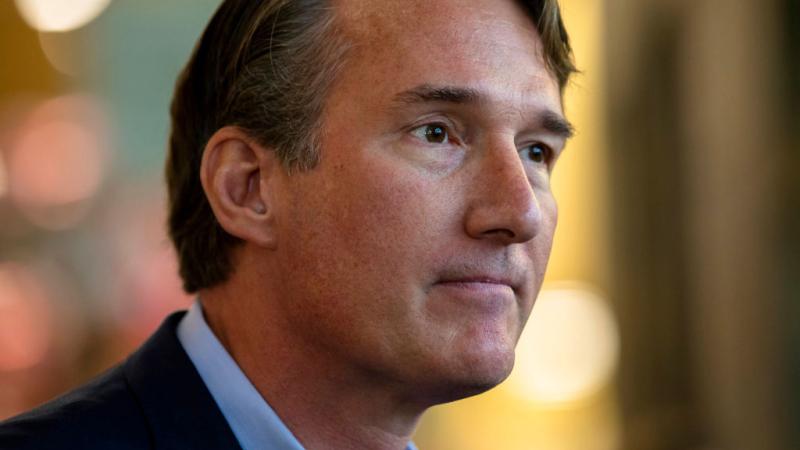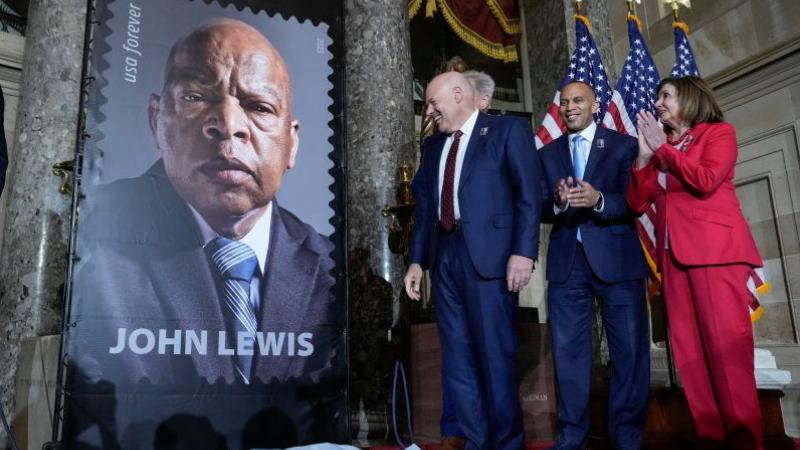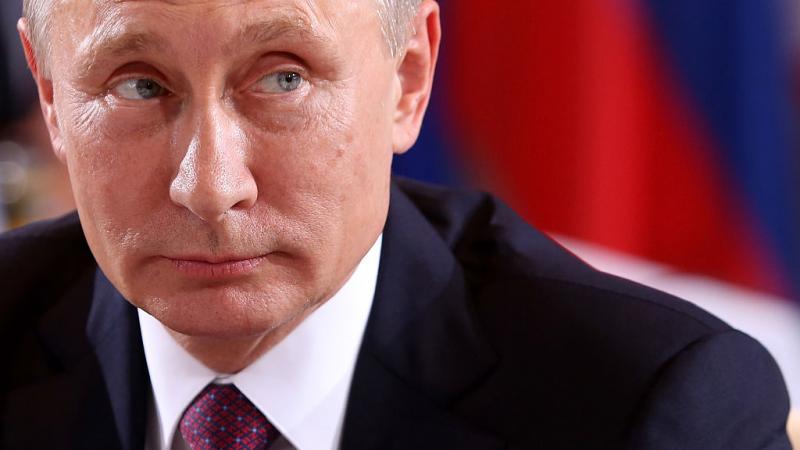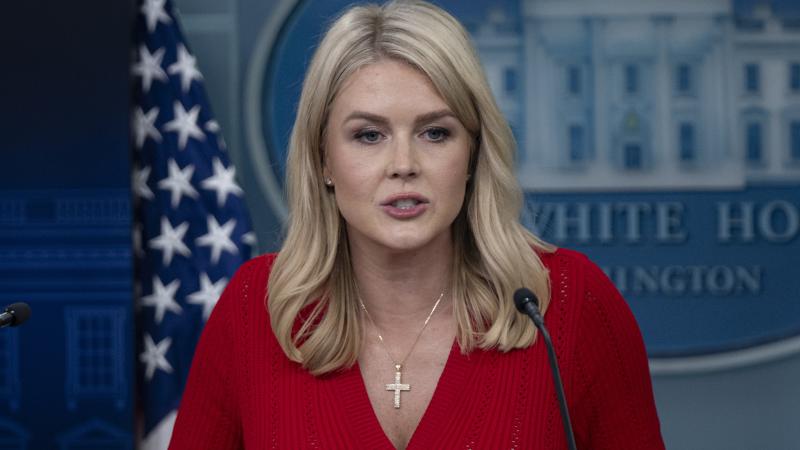David Dinkins, first black mayor of New York City, dies at 93
The mayor served one-term during an uneasy time for New York City
David Dinkins, New York City's first black mayor, elected in 1990 amid a culture of racial conflict in the city, died Monday at his home. He was 93.
Dinkins, a graduate of Howard University, served as Manhattan borough president prior to his 1989 mayoral run, which was encouraged in significant part by a coalition of black, Hispanic, and labor leaders. The aim of Dinkins' candidacy was to end the mayoral career of Ed Koch, a Democrat who, at the time, was seeking his fourth term.
Dinkins ascended to the top of the Democratic political machine in Harlem as a member of the "Gang of Four," and said during his mayoral campaign that he would be "the toughest mayor on crime this city has ever seen."
He won the primary handily and beat Rudy Giuliani during the general race. However, racially tinged conflicts continued to plague the city, and Giuliani defeated Dinkins after one term in office. Giuliani blamed Dinkins for what he called a "pogrom" in Brooklyn, when a group of blacks violently clashed with a group of ultra-Orthodox Jews.
The Crown Heights riots were a notable low point for racial relations in New York City during Dinkins' tenure. Tensions between Hasidic Jews and the neighborhood black community was ongoing and one night, a car being driven by an ultra-Orthodox Jews jumped the sidewalk and killed a 7-year-old black child named Gavin Cato. Crowds of the black community quickly gathered around the borough and hours later a group of young black men stabbed a 29-year-old Hasidic student to death. There were reports that the crowd chanted "Kill the Jew."
Order was not restored for three nights until Deputy Police Commissioner Raymond Kelly took charge. Kelly was soon after given the job of police commissioner.
"Dinkins served in very difficult circumstances, but he did not respond effectively. I don't think he fully understood how much people expected of him," said Mitchell Moss, a professor of urban policy and planning at NYU.
Dinkins often referred to New York as a "gorgeous mosaic" of racial and ethnic diversity. Throughout his time in public office, he was an advocate for economic equality and education for people of color.
During his time int he mayor's office Dinkins attempted to expand the affordable housing options in the city, combat the ongoing homelessness problem, and combat the AIDS crisis that had punctuated so much of the 1980s.
Toward the end of his mayoral term, the city's crime rate had begun to decline, thanks in part of Dinkins' expansion of the New York Police Department, through a program he called "Safe Streets, Safe City."
Additionally, Dinkins negotiated the deal with the United States Tennis Association that has kept the U.S. Open hosted in the New York City for the past 30 years.
Joyce Dinkins, his wife of more than 60 years, died this October at age 89. Dinkins is survived by two children and two grandchildren.
















